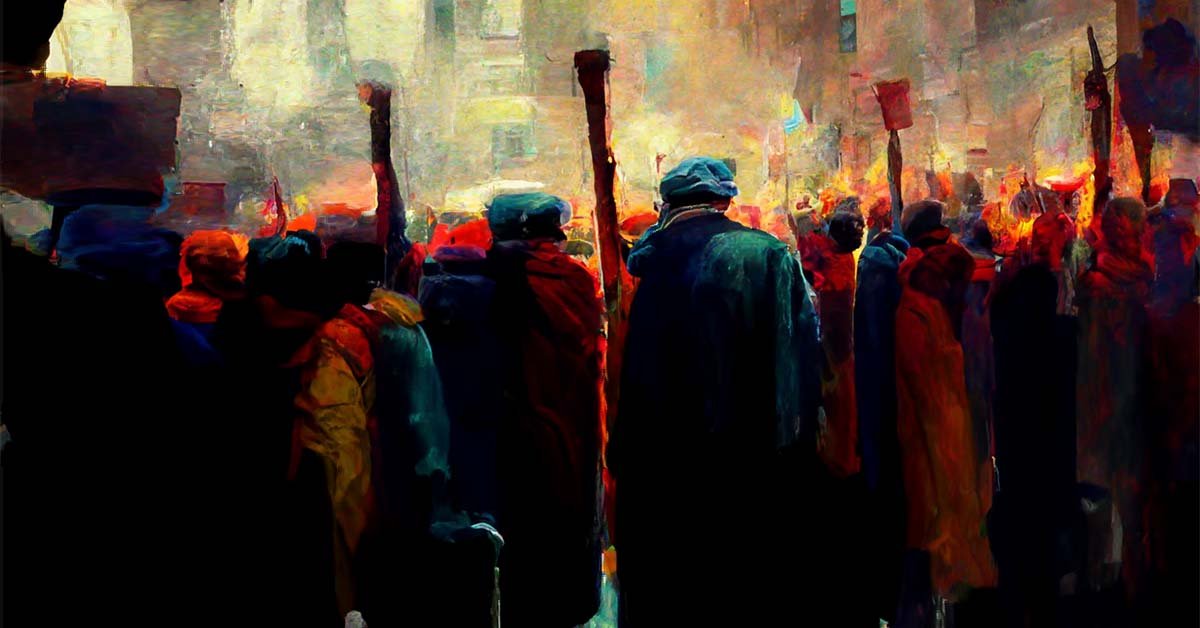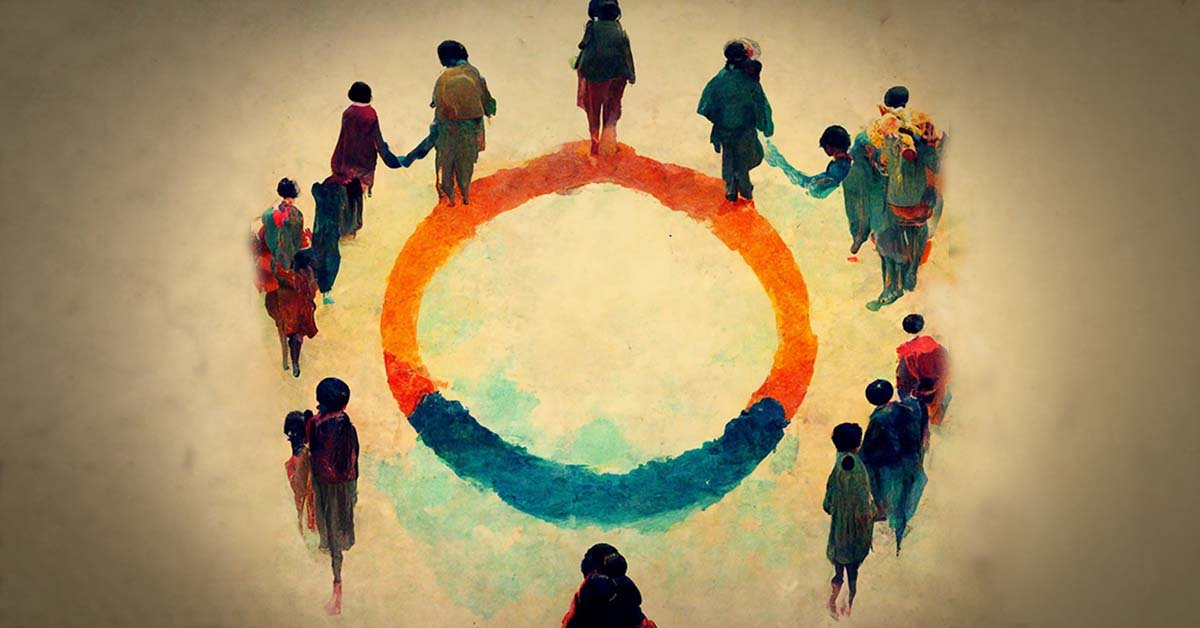
Left Populism, Why Not? (part two)
Why does the Left pretend to be populist? The Populist Moment cites three reasons. Each reason flags something big that the Left can and should change.

Left Populism, Why Not? (part one)
Borriello and Jager’s The Populist Moment explains brilliantly how and why the Left in rich states has decided to pretend to be populist.

Social Movements Will Not Free Us (part three)
A strengthened ‘civil society’ will not win anyone’s liberation. Popular struggles will, if we Agitate, Educate and Organize so people see the Left Alternative.

Social Movements Will Not Free Us (part two)
Does ‘strengthening (a) civil society’ of voluntary associations gradually improve liberal democracy ‘from below’? It is conventional wisdom. But mostly wrong.

Social Movements Will Not Free Us (part one)
Why did the Arab Spring lead to more brutal repression, instead of more democracy? Asef Bayat’s analysis provides some lessons for the left everywhere.

A Ten Point Program To Unite the Global Left
The Left regularly succeeds in making clear what it is against. Here is a Ten Point Program that sums up what we are for.

How to Use Left Populism to Win a Post-Work Economy
Nick Srnicek and Alex Williams have published a must-read book, Inventing the Future: Postcapitalism and a World Without Work (Verso, 2015, 2nd ed 2016) that makes new proposals for a long-haul strategy of building the preconditions for a postcapitalist social system.

Has the Left Given Up on Ending Capitalism?
Is the age of left-wing revolutions over? Does this inevitably mean that the left has to accommodate itself to a capitalist economy and a capitalist world system? I firmly believe that the way forward to a more just society will be worked out incrementally by today’s left, especially by the left of that left who want to move society towards a new post-capitalist social system. But facts are facts, and right now the left is united around a set of sacrosanct principles that result in a refusal or incapacity to imagine practical ways of changing who is in power in society’s institutions.

